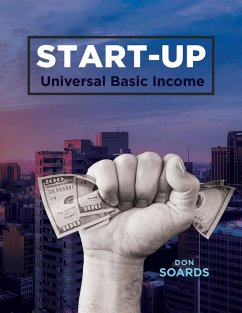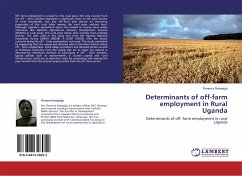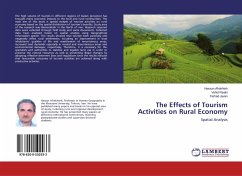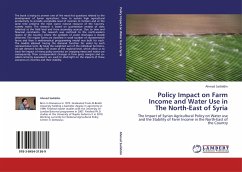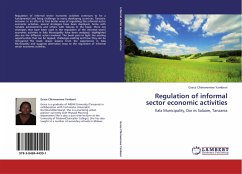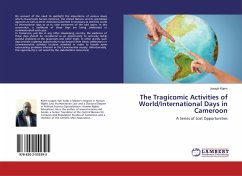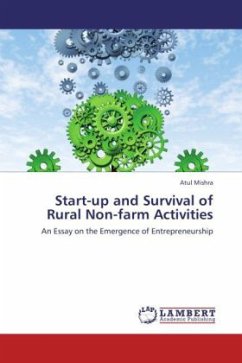
Start-up and Survival of Rural Non-farm Activities
An Essay on the Emergence of Entrepreneurship
Versandkostenfrei!
Versandfertig in 6-10 Tagen
52,99 €
inkl. MwSt.

PAYBACK Punkte
26 °P sammeln!
Rural non-farm economy has emerged as the main employer of surplus labour in many developing economies in the past two decades. This study explores the process by which the new household-level business units come into being in the rural non-farm economy - the factors which help a new business unit to succeed and those which cause a recently established unit to fail; the study identifies the main constraints operating on the family- level business units in the rural non-farm economy. The binding constraint turns out to be capital availability for one class of entrepreneurs viz. the micro and sm...
Rural non-farm economy has emerged as the main employer of surplus labour in many developing economies in the past two decades. This study explores the process by which the new household-level business units come into being in the rural non-farm economy - the factors which help a new business unit to succeed and those which cause a recently established unit to fail; the study identifies the main constraints operating on the family- level business units in the rural non-farm economy. The binding constraint turns out to be capital availability for one class of entrepreneurs viz. the micro and small entrepreneurs and infrastructure and human capital for others. From a medium term perspective, provision of education and training thus constitutes the core of policy to encourage the rural non-farm enterprise. The long term policy must focus on infrastructure those that address the non-farm sector directly such as telecommunication, power and transport but also those which affect the non-farm sector through its linkages with farming such as assured irrigation. This book should be of special interest to planners in governments in developing countries, development economists, etc.



